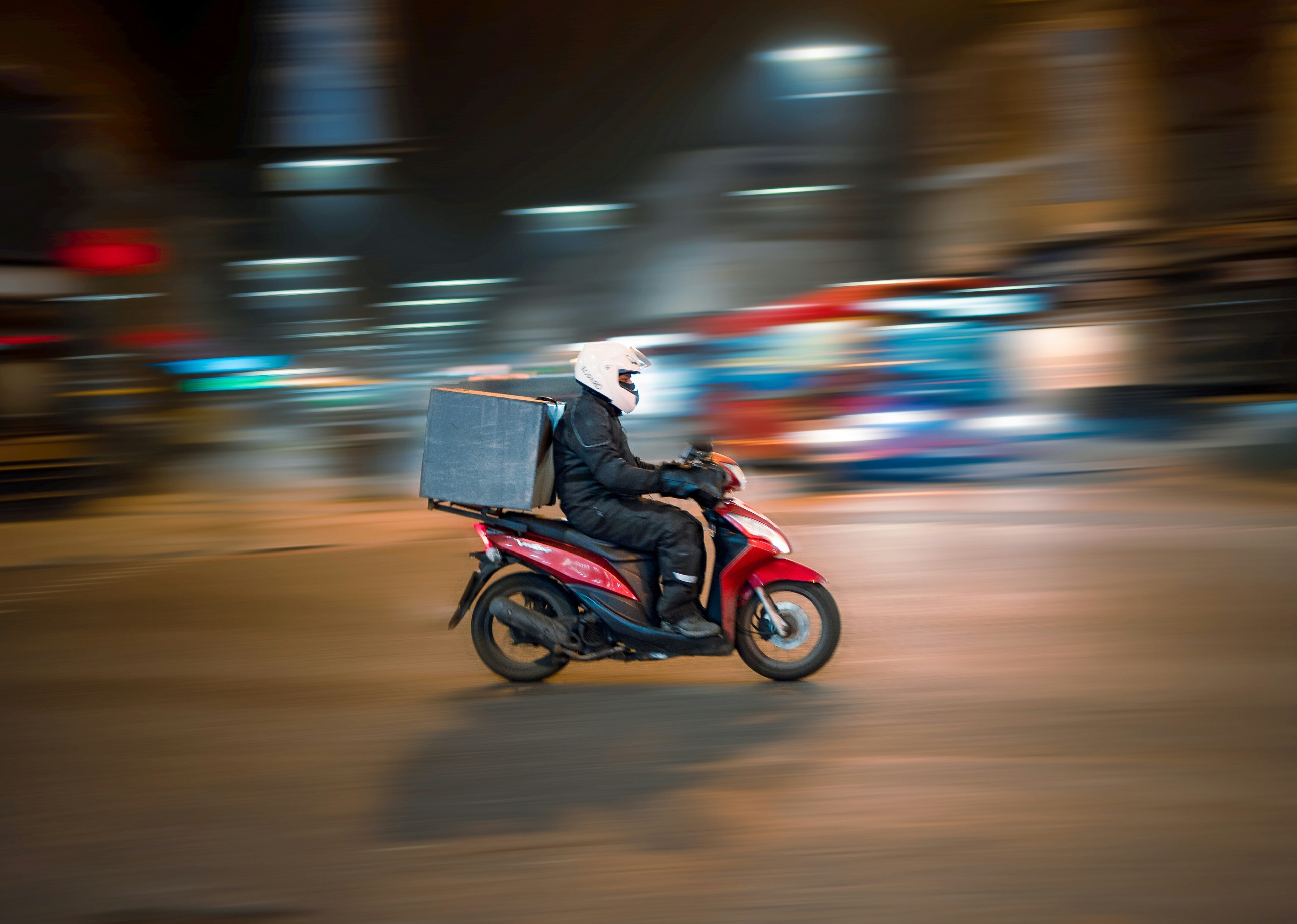This simple act could make you feel happier, more empathetic and less anxious

Research shows that practicing loving-kindness can reduce anxiety.
Image: REUTERS/Enrique Castro-Mendivil
Stay up to date:
Values
“Walking around and offering kindness to others in the world reduces anxiety and increases happiness and feelings of social connection,” says Douglas Gentile, professor of psychology at Iowa State University. “It’s a simple strategy that doesn’t take a lot of time that you can incorporate into your daily activities.”
Researchers tested the benefits of three different techniques intended to reduce anxiety and increase happiness or well-being. They did this by having college students walk around a building for 12 minutes and practice one of the following strategies:
- Loving-kindness: Looking at the people they see and thinking to themselves, “I wish for this person to be happy.” Students were encouraged to really mean it as they were thinking it.
- Interconnectedness: Looking at the people they see and thinking about how they are connected to each other. It was suggested that students think about the hopes and feelings they may share or that they might take a similar class.
- Downward social comparison: Looking at the people they see and thinking about how they may be better off than each of the people they encountered.
The study, published in the Journal of Happiness Studies, also included a control group in which researchers instructed students to look at people and focus on what they see on the outside, such as their clothing, the combination of colors, textures, as well as makeup and accessories. Researchers surveyed all students before and after the walk to measure anxiety, happiness, stress, empathy, and connectedness.
Which technique is best?
The researchers compared each technique with the control group and found those who practiced loving-kindness or wished others well felt happier, more connected, caring, and empathetic, as well as less anxious. The interconnectedness group was more empathetic and connected. Downward social comparison showed no benefit, and was significantly worse than the loving-kindness technique.
Students who compared themselves to others felt less empathetic, caring, and connected than students who extended well wishes to others. Previous studies have shown downward social comparison has a buffering effect when we are feeling bad about ourselves. The researchers found the opposite.
“At its core, downward social comparison is a competitive strategy,” says coauthor Dawn Sweet, a senior lecturer in psychology. “That’s not to say it can’t have some benefit, but competitive mindsets have been linked to stress, anxiety, and depression.”
The researchers also examined how different types of people reacted to each technique. They expected people who were naturally mindful might benefit more from the loving-kindness strategy, or narcissistic people might have a hard time wishing for others to be happy. The results surprised them somewhat.

“This simple practice is valuable regardless of your personality type,” says coauthor Lanmiao He, a graduate student in psychology. “Extending loving-kindness to others worked equally well to reduce anxiety, increase happiness, empathy, and feelings of social connection.”
Us vs. them
Social media is like a playground for comparisons: he makes more money than I do; she has a nicer car. While the study did not look specifically at social media, Gentile says the results demonstrate that comparison is a risky strategy.
“It is almost impossible not to make comparisons on social media,” Gentile says.
“Our study didn’t test this, but we often feel envy, jealousy, anger, or disappointment in response to what we see on social media, and those emotions disrupt our sense of well-being.”
Comparison works well when we are learning something or making a choice, Gentile says. For example, as children we learn by watching others and comparing their results to ours. However, when it comes to well-being, comparison is not as effective as loving-kindness, which consistently improves happiness.
Don't miss any update on this topic
Create a free account and access your personalized content collection with our latest publications and analyses.
License and Republishing
World Economic Forum articles may be republished in accordance with the Creative Commons Attribution-NonCommercial-NoDerivatives 4.0 International Public License, and in accordance with our Terms of Use.
The views expressed in this article are those of the author alone and not the World Economic Forum.
Related topics:
Forum Stories newsletter
Bringing you weekly curated insights and analysis on the global issues that matter.
More on Social InnovationSee all
Sikander Bizenjo and Eric Shahzar
August 14, 2025
Antara Choudhury and Vivin Rajasekharan Nair
August 14, 2025
Michael Fröbel and Stanislas Hillen
August 8, 2025
Vanina Farber
July 21, 2025
Susan Mang'eni and Mamadou Ndiaye
July 15, 2025
Sreevas Sahasranamam and Aileen Ionescu-Somers
July 10, 2025





